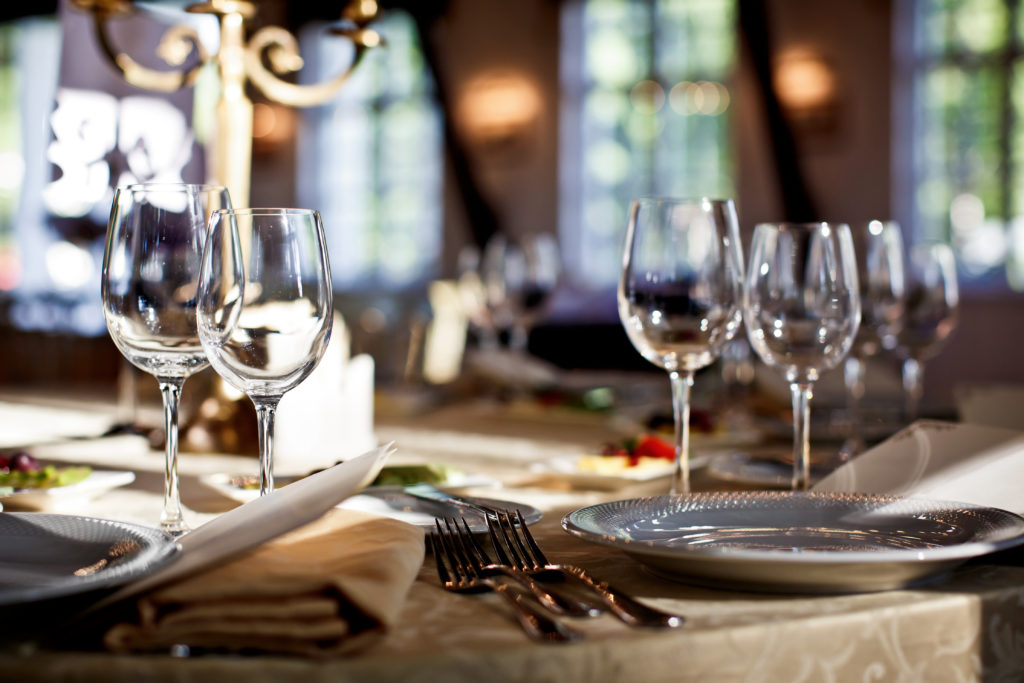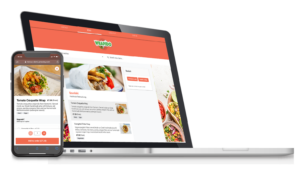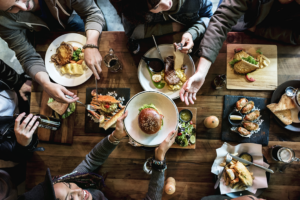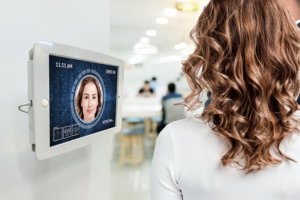With just ten days until what some people are seeing as an Independence Day for the English hospitality industry, the rules, regulations and restrictions that are to be posted on pubs, restaurants and other businesses as they re-open, are being set forth.
Yesterday (23 June), Boris Johnson delivered a statement in the House of Commons, updating MPs and the nation on the next steps in the government’s plan to rebuild the economy and reopen society.
The content was undoubtedly welcomed by most hospitality businesses and suppliers throughout country:
Mr Speaker, given the significant fall in the prevalence of the virus, we can change the two-metre social distancing rule, from 4th July.
I know this rule effectively makes life impossible for large parts of our economy, even without other restrictions.
For example, it prevents all but a fraction of our hospitality industry from operating.
QikServe’s President and Founder, Dan Rodgers, expanded on Boris’ comment.
Going from 2m to 1m means the difference between running at 40% capacity and 80% capacity. Even with price increases and technology 2m would have be unsustainable; in short1m social distancing is a lifeline to hospitality.
In tandem with the Prime Minister’s statement, an updated copy of the ‘Keeping workers and customers safe during COVID-19 in restaurants, pubs, bars and takeaway service’ guide was published. The third iteration of the document covers new social distancing rules, test and trace and feedback from industry.
For anyone that isn’t yet familiar, this document is essential reading. It sets out the law as to carrying risk assessments in advance of reopening. Failure, it says, to complete a risk assessment which takes account of COVID-19 or completing a risk assessment but failing to put in place sufficient measures to manage the risk, would constitute a breach of health and safety law. Dependent on the severity of the breach, this could constitute a criminal offence, with serious fines and even imprisonment.
Amongst the points, disappointingly not set out in Boris’ speech, but clear within the guidelines, is the need to encourage customers to order via app, online or telephone in advance – to reduce queues and stagger collection times.
Pubs and restaurants have been told they must not allow queues to gather at the bar – so how else are they to take orders if not through table service? That is tricky if staff shouldn’t be coming within a metre of the customer. Technology that promoted contactless ordering and payment is the clear answer, especially when on-premise. Weatherspoon’s and Greene King, two of the nation’s largest pub chains have thrown their support behind this; both have said they will recommend customers order drinks on a mobile phone app as part of their plan to reopen safely. Restaurants can use similar off-premise ordering and payment systems to receive pre-orders and prepare food to be eaten, on-site, when guests arrive.
Dan comments:
Using technology to facilitate menu browsing and ordering will help reduce touch points with paper, cash, and payment devices. It can also prevent customers congregating at bars therefore allowing customer to build confidence that these are safe places to go.’
There’s another, overlooked benefit to using a mobile ordering and payment technology during this re-opening phase. It has been mandated that pubs must take down the names and addresses of customers in order to apply track and chase in the event of another guest falling ill with COVID-19.
Further benefit for restaurants and customers making use of digital ordering and payment technologies comes from the data the platforms gather. In setting up an account to place an order, the user will input their name and contact details, along with the timestamped order data, this is a simple way to collect household information without creating a longwinded paper trail.
The 4th July will be an exciting Independence Day for the hospitality industry, no doubt there are staff eager to get back to work, just as there are customers chomping at the bit to eat and drink out. But that excitement will naturally be tinged by anxiety, no-one knows what will happen in the coming months and some venues will remain closed while they watch how others fare. Restaurants and pubs must work hard to put themselves in the strongest place for success; following the safety guidelines and setting up a digital ordering and/or payment solution is as the best way to begin.





